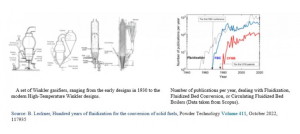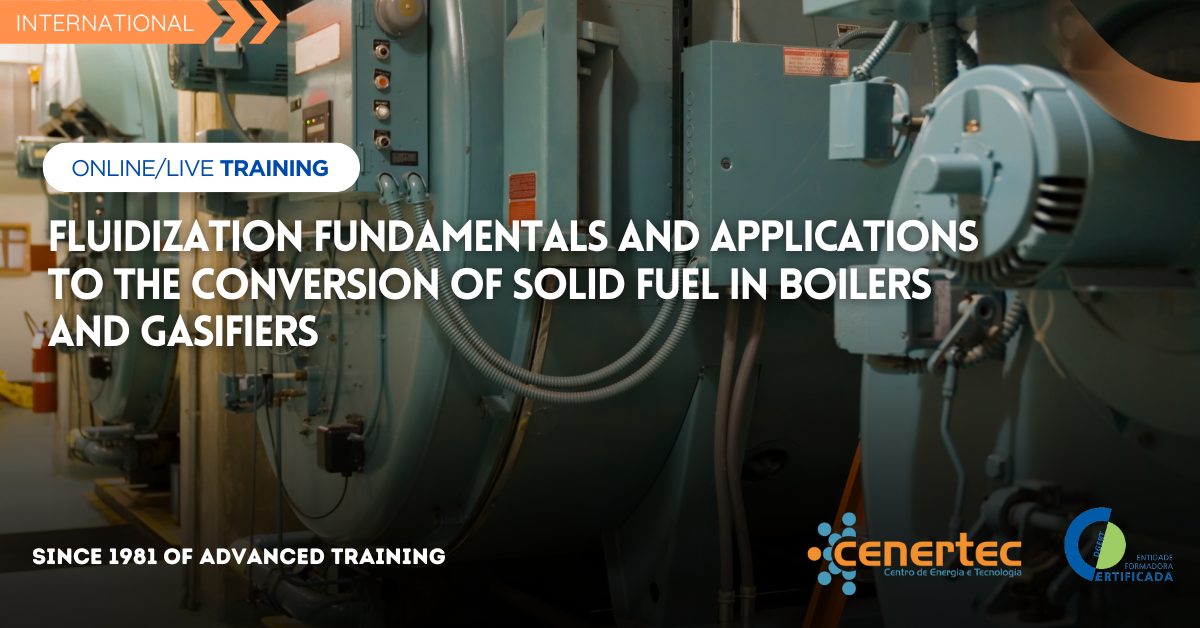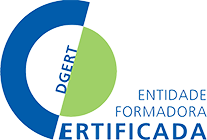Fluidization Fundamentals and Applications to the Conversion of Solid Fuel in Boilers and Gasifiers
8th EditionFluidized bed has been of interest for chemical engineering applications since its first formal introduction in the form of a patent on a gasifier 100 years ago. Since then, several gasifiers and boilers have been introduced in commercial operation and the interest in research has increased, particularly after the beginning of the 1970s, as seen from a below diagrams. The right-hand diagram is composed by data from the Scopus database, showing that the growing interest in the 1970s remains over the years. The left-hand diagram indicates the development of gasifiers, exemplified by the Winkler gasifiers, reflected by their size. Development trends are found also in other aspects of equipment, notably in boilers whose size and performance has increased diring the years.

The objective of the course is to give a broad overview over fluidized bed conversion, from boilers to gasifies for the conversion of all kinds of solid fuels, ranging from coal to biomass and even municipal solid waste and sewage sludge. Environmental aspects are elucidated with certaim emphasis on the use of FB for the reduction of CO2 emissions.
TOPOThe course consists of 16 hours lectures. Among the topics are:
- Introductory description of equipment and concepts. The operation conditions for boilers and gasifiers);
- Fluidization fundamentals for bubbling and circulating beds;
- Fuels and fuel properties;
- Description of equipment: boilers and gasifiers and their components (gas distributors, particle separators, loop seals and standpipes);
- Conversion (combustion and gasification) in fluidized bed;
- Environmental aspects, including CO2 removal.
- Everybody interested in this topic;
- Engineers (mechanical and chemical);
- R&D specialists in some detailed topic, who want to get an overview;
- Project managers;
- Consultants;
- Energy planners;
- Teachers and students.
- Since the course is given as an online course, it will simply contain the lectures mentioned. The material presented will be distributed before the course. Questions and discussions can be handled by the computer system used.

Bo Leckner
Bo Leckner graduated at Chalmers University of Technology in 1962, presented his doctor thesis “Radiation in gas fired furnaces” in 1972, and was appointed a professor in 1982. He has been active at Chalmers University since then except for one year spent at the Moscow Energy Institute. His research work concerns topics related to fluidized bed conversion of solid fuels. During the last decades, the research has been focussed on CO<sub>2</sub> reduction involving fluidized bed. The projects have been carried out both at Chalmers University and elsewhere, involving a considerable co-operation with co-workers from all over the world. Leckner has given lectures at many universities and industries. Courses on fluidized bed conversion were held as doctor courses at Chalmers University in 2012, 2017 and 2019 (the last one as a web course, involving several European universities). In addition, tailor-made web-courses on fluidized bed conversion were held at Tetra Engineering, Sofia Antipolis, France 2019, and at the Indian Institute of Science, Bangalore, India 2021.
ONLINE / LIVE
How does this Online/Live Training Work?
- Register on this page
- After registering and paying, Participants will receive an access link to click and enter the platform at the scheduled time.
- The training will be given in an Online/Live format, at the scheduled time, Live.
- This platform is very simple to use and allows for interactivity. Participants will be able to participate, comment, ask questions, clarify doubts, in writing or by voice, in real time.
This training, with a duration of 16 hours, will run on the following days:
6th, 7th, 13th and 14th of May 2025
Timetable:
08:30 – 12:30 BST | Break: 10:30 – 11:00
09:30 – 13:30 CEST | Break: 11:30 – 12:00
The registration fee is 480.00 € (+ 23% VAT), a total value of 590.40 € payable to CENERTEC until the date of the Course and includes:
- Access to the E-Learning Platform
- Access to Supporting Documentation
- Certificate



